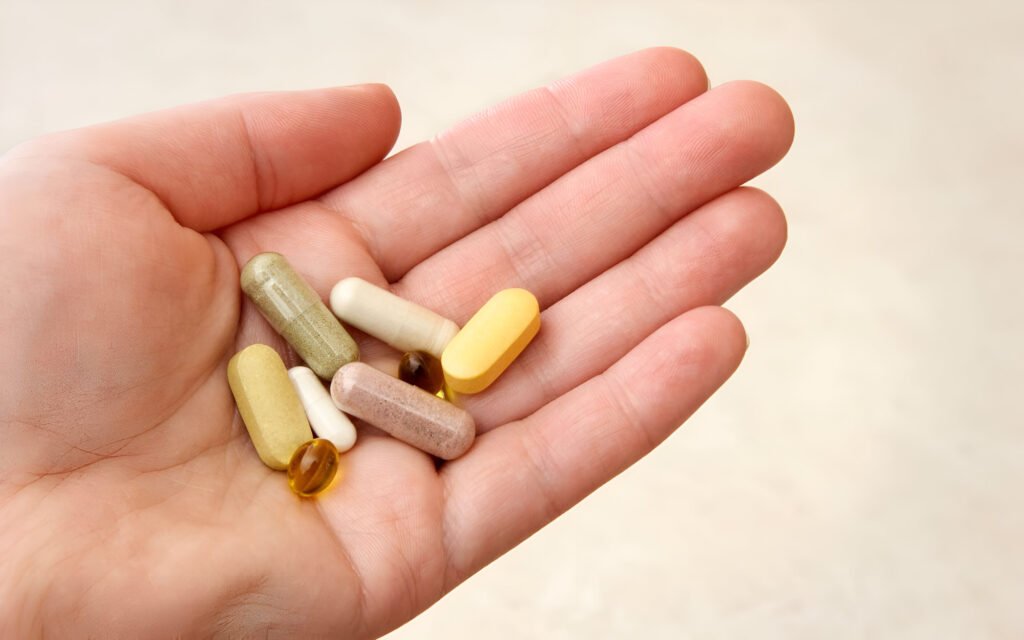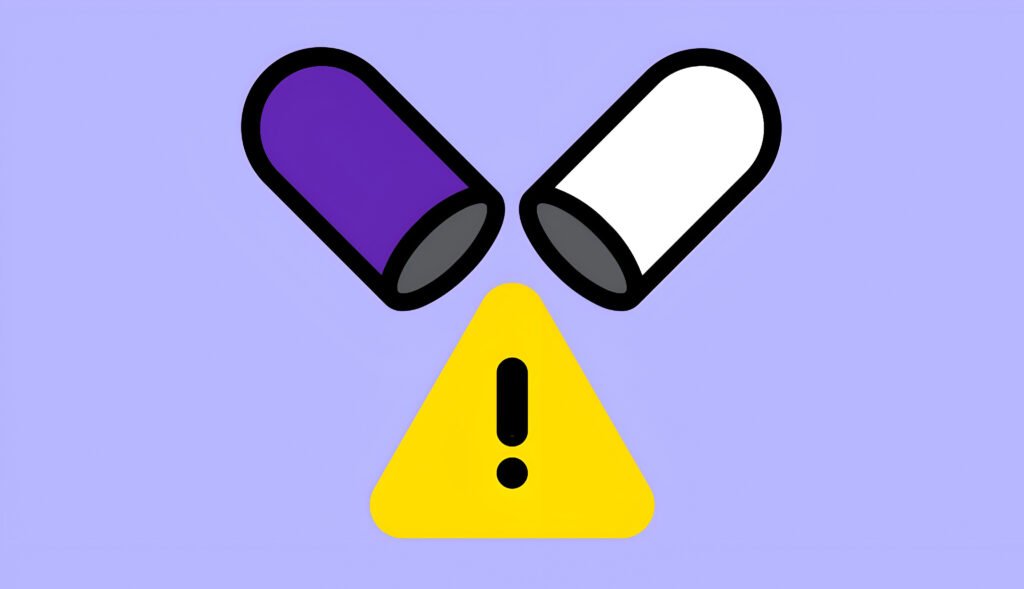
In a world in which healthy living is the default, dietary supplements are ubiquitous in many homes. From enhancing sporting performance to brightening skin and reducing stress, there’s a pill or a powder for virtually every contemporary concern about health. But what if the very same supplements we pop to feel well are quietly endangering our own health?
A recent University of Michigan study, reported in the Journal of the American Medical Association (JAMA), has raised a red flag over the safety of herbal and dietary supplements. Scientists have determined that some of these ubiquitous foods could be damaging the liver, one of our most important organs.
What Did the Study Find?
The research compared data gathered between 2017 and 2020 from the National Health and Nutrition Examination Survey. It showed that approximately 4.7% of U.S. adults, which equates to about 15 million individuals, were taking supplements regularly that had at least one of six certain botanicals that have been known to cause liver toxicity in the past.
These substances are
Turmeric
Green Tea Extract
Ashwagandha
Black Cohosh
Garcinia Cambogia
Red Yeast Rice
Turmeric, highly recommended for its anti-inflammatory effect, was the most popular, with 3.46% of the participants reporting use. Green tea extract came in second at 1.01%. These herbs are commonly sold as natural solutions to joint pain, weight loss, energy enhancement, and hormonal regulation.
But the research team, headed by Dr. Alisa Likhitsup, clinical assistant professor of medicine and transplant hepatologist, added that these supplements were not prescribed or recommended by physicians. Most people took them on their own, motivated by health goals and the perception that natural equals safe.
Why the Concern?
Dr. Likhitsup explained that their interest in the topic sparked when they noticed multiple cases of liver toxicity in patients from the NIH-funded Drug-Induced Liver Injury Network (DILIN) study. However, they lacked concrete data on how many people were actually taking these botanicals.
What alarmed the researchers more was the widespread mislabeling in the supplement industry. “In a previous study, we found that about 50% of supplements did not contain what the label claimed,” said Dr. Robert Fontana, senior author and professor of medicine at Michigan Medicine. “It’s basically a coin flip; you might not be consuming what you think you are.”
Such discrepancies raise serious concerns, especially when dealing with substances that can affect liver function. Without consistent labeling or regulation, it’s difficult for both consumers and clinicians to assess the risks.

The Bigger Picture: Lack of Oversight
One of the most striking issues the study sheds light on is the general lack of regulation in the dietary supplement industry. Unlike prescription drugs, supplements are not rigorously tested for safety or effectiveness before hitting the market. This regulatory gap has allowed countless products to be sold over the counter with minimal oversight.
The medical community, too, has been slow to catch up. Because patients rarely mention their supplement use and clinicians often don’t ask, important details that could affect diagnoses and treatments are missed. “We weren’t aware that so many people were taking these supplements,” Dr. Likhitsup added. “It’s simply not part of a routine checkup conversation.”
Liver Transplants on the Rise
Though the new study stops short of establishing a direct cause-and-effect relationship between these supplements and liver injury, prior research suggests an alarming trend. There has been a 70% increase in liver transplants related to supplement-induced liver injury between 2010 and 2020, compared to the period from 1994 to 2009.
This surge cannot be ignored. Even if the botanicals themselves are not always directly responsible, their growing popularity and lack of regulation certainly warrant deeper investigation.
So, should you stop taking supplements?
This study isn’t meant to incite panic or demonize all supplements. Both Likhitsup and Fontana stress that their aim is not to create fear but to promote informed choices. Supplements can still play a role in supporting health, but only when used wisely and transparently.
If you’re considering taking a supplement or already take one regularly, speak with your healthcare provider. Make sure to read labels carefully, research the brand, and avoid combining multiple supplements without professional guidance.
As Fontana put it, “We’re just trying to increase awareness that the over-the-counter supplements people are taking and buying have not been tested nor necessarily proven to be safe.”
Final Thoughts
The supplement industry is booming, and for good reason: people are more proactive than ever about their health. But when “natural” products are marketed with little oversight, and when serious consequences like liver damage become increasingly common, it’s time to take a step back and reconsider our blind trust.
In the end, the best health decisions are informed ones. Don’t skip the science in your search for wellness.











